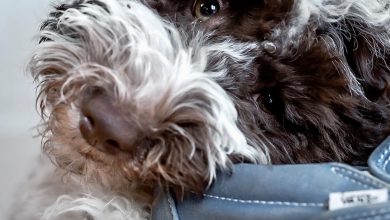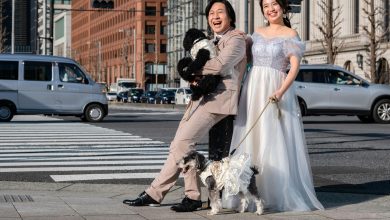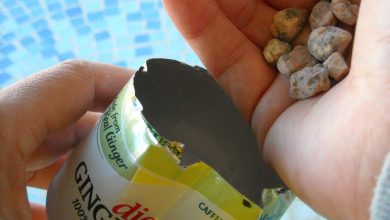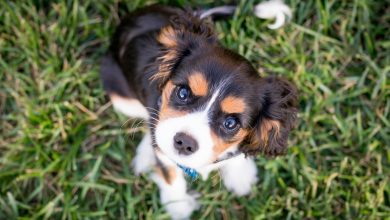Teaching your puppy to stop nipping during play
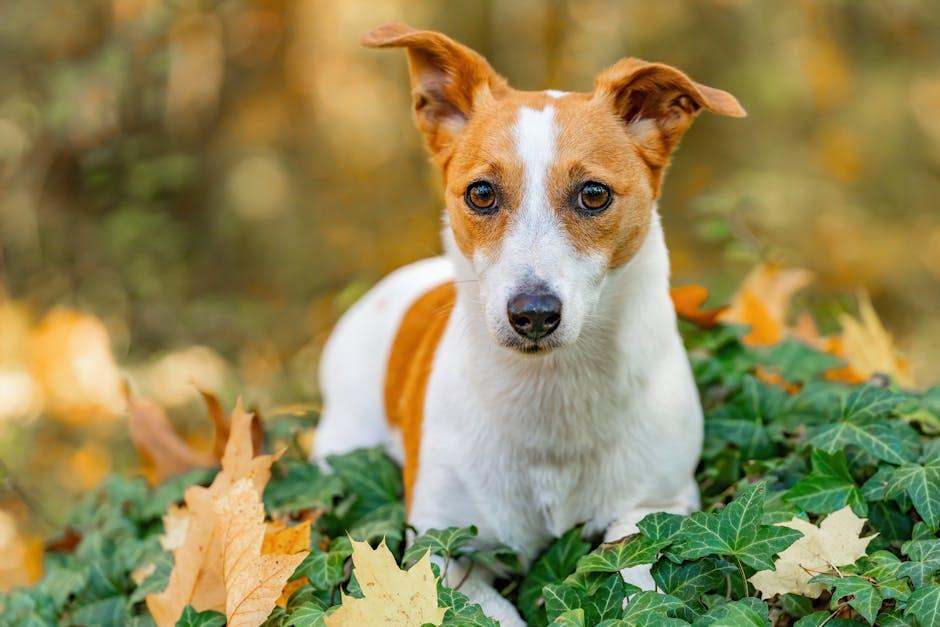
Welcoming a new puppy into your home is an exciting and joyful experience, filled with moments of laughter and bonding. However, as any new puppy parent quickly discovers, those tiny, needle-sharp teeth can turn a playful romp into an unexpected ouch! Nipping is a natural behavior for puppies as they explore the world and interact with their surroundings. While it may be a normal part of their development, teaching your puppy to curb this habit during playtime is essential for both their growth and your comfort. In this guide, we’ll explore effective and gentle techniques to help your furry friend learn the boundaries of play, ensuring a safe and enjoyable experience for everyone involved. So, let’s dive into the world of puppy playtime and transform those nipping moments into positive learning opportunities!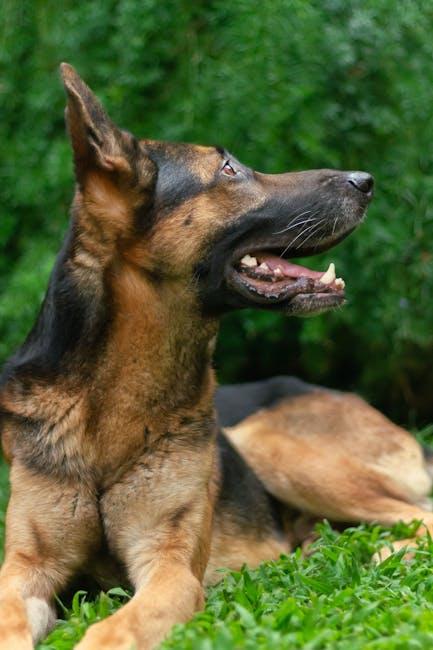
Understanding Why Puppies Nip During Play
When puppies engage in play, their nipping behavior often serves as a fundamental part of their development. Understanding the reasons behind this behavior is essential for effective training. Puppies explore their world through their mouths, and nipping is a natural way for them to learn boundaries and develop bite inhibition. As they play with their littermates, they discover how to control the force of their bites. This is an important social skill, as it teaches them not to harm others when they grow older.
- Teething: Just like human babies, puppies experience discomfort when their teeth are coming in. Nipping helps soothe their gums.
- Curiosity: Puppies are naturally curious and use their mouths to explore new textures and objects.
- Playfulness: Nipping is a way for puppies to engage in playful interactions, both with other dogs and with humans.
By recognizing these motivations, you can tailor your training approach to address the underlying reasons for nipping. With patience and consistency, you can guide your puppy towards more appropriate behaviors during play.
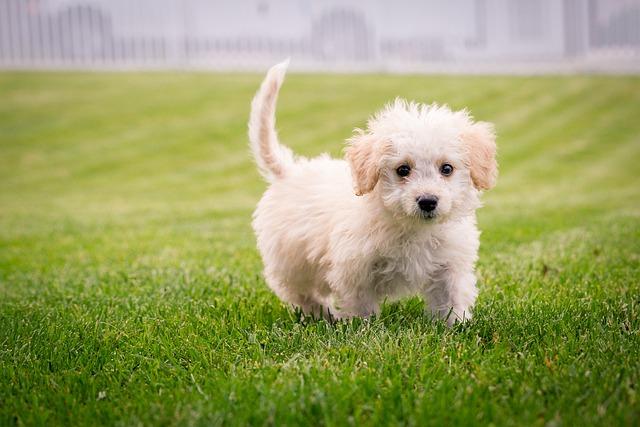
Recognizing Triggers and Redirecting Behavior
Understanding what triggers your puppy’s nipping can be a game-changer in managing their playful antics. Puppies often nip out of excitement, teething, or simply because they haven’t learned the boundaries yet. Recognizing these triggers is the first step to addressing the behavior effectively. When you notice your puppy getting overly excited or starting to nip, take a moment to assess the situation. Is it during a high-energy game? Are they teething and seeking relief? Identifying these moments can help you intervene early and redirect their behavior.
- Pause Play: If your puppy starts nipping, pause the play session immediately. This signals to them that nipping results in the end of fun.
- Introduce Chew Toys: Provide alternatives like chew toys to satisfy their urge to nip. Make sure these toys are engaging and safe.
- Teach “Gentle”: Consistently use the command “gentle” when they start to nip, rewarding them when they respond appropriately.
- Socialize: Regular socialization with other puppies can teach them bite inhibition naturally.
By staying observant and consistent, you’ll help your puppy learn the boundaries of playtime, ensuring a more enjoyable experience for both of you. Remember, patience and positive reinforcement are key!
Positive Reinforcement Techniques for Gentle Play
To guide your puppy towards more gentle play, it’s essential to employ positive reinforcement techniques that encourage good behavior while making playtime enjoyable for both of you. Reward-based training is a fantastic way to reinforce the idea that gentle play is both fun and rewarding. Here are some effective methods you can try:
- Treats: Use small, soft treats that your puppy loves. Every time they play without nipping, reward them with a treat to reinforce this positive behavior.
- Praise: Verbal praise can be incredibly powerful. Use an upbeat, happy voice to let your puppy know they’re doing a great job when they play gently.
- Interactive Toys: Introduce toys that promote gentle interaction, such as tug toys or chew-safe plushies. Reward your puppy with playtime whenever they choose these toys over your hands or clothes.
- Time-outs: If your puppy starts nipping, gently stop the play session and give them a brief time-out. This teaches them that nipping results in the end of fun.
Consistency is key, so make sure everyone in the household follows the same methods. Over time, your puppy will learn that gentle play is the most rewarding way to interact, making playtime a delightful experience for all involved.
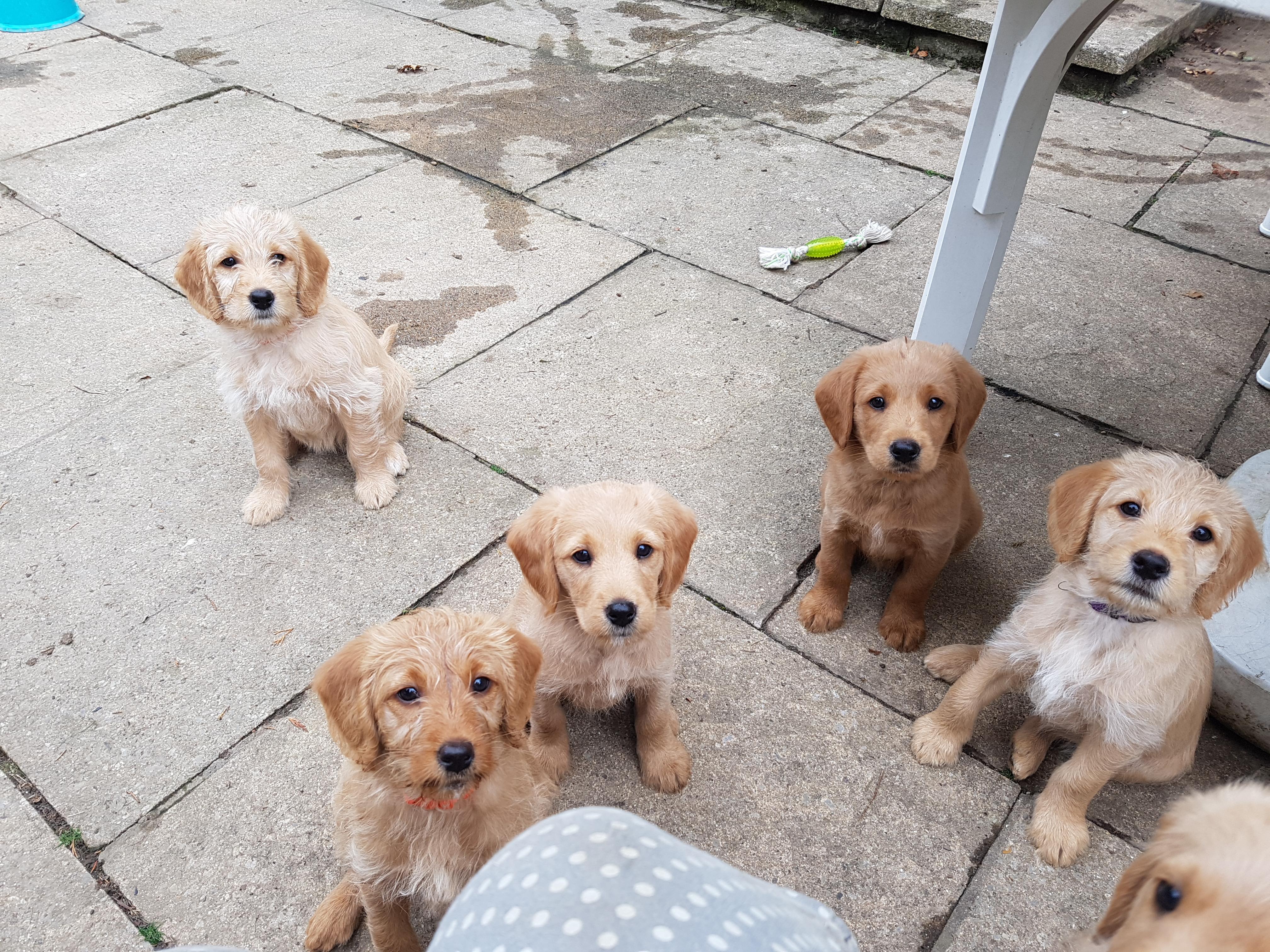
Consistency and Patience in Training Your Puppy
Training a puppy requires a mix of consistency and patience, especially when it comes to curbing playful nipping. Puppies explore the world with their mouths, and while it’s a natural behavior, it’s important to guide them gently towards more appropriate play. Here are some tips to help you stay consistent and patient during this training process:
- Set Clear Boundaries: Decide which behaviors are acceptable and which are not. Consistently enforce these boundaries so your puppy understands what’s expected.
- Use Positive Reinforcement: Reward your puppy with treats or affection when they play gently without nipping. This encourages them to repeat the desired behavior.
- Redirect Their Energy: Provide chew toys or engage them in activities that satisfy their natural urge to bite, like playing fetch or tug-of-war.
- Be Patient: Remember that learning takes time. If your puppy nips, calmly say “ouch” and stop playing for a moment to signal that nipping ends the fun.
By maintaining a consistent approach and exercising patience, you’ll help your puppy learn and grow into a well-behaved companion. Remember, each small victory in training is a step towards a lifelong bond of trust and understanding.
